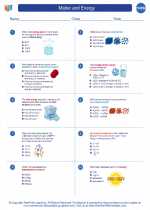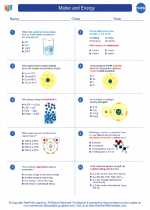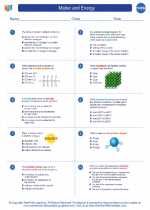Porifera: The Sponges
Porifera is a phylum of simple aquatic animals commonly known as sponges. Sponges are considered to be the most primitive of all animals and are found in a variety of aquatic habitats, from freshwater to marine environments. They are filter feeders, meaning they feed by straining suspended matter and food particles from water.
Anatomy of a Sponge
Sponges have a simple body structure. They are multicellular but lack true tissues and organs. Instead, their bodies are organized into a system of pores and channels through which water flows. The body of a sponge is supported by a skeleton made of a protein called spongin or a combination of spongin and spicules, which are tiny, hard, needle-like structures composed of calcium carbonate or silica.
Reproduction in Sponges
Sponges can reproduce both sexually and asexually. Asexual reproduction occurs through budding, where a new individual grows from the body of the parent sponge. Sexual reproduction involves the release of sperm and eggs into the water, where fertilization takes place. The fertilized egg develops into a free-swimming larva, which eventually settles and grows into a new sponge.
Ecological Importance
Sponges play a crucial role in marine ecosystems. They provide habitats for a variety of organisms, serving as shelter for small invertebrates and fish. Sponges also help in nutrient cycling and water filtration, making them important contributors to the overall health of aquatic environments.
Study Guide
- What are the main characteristics of Porifera?
- Describe the body structure of a sponge.
- Explain the process of reproduction in sponges.
- Discuss the ecological importance of sponges in marine ecosystems.
- Compare and contrast the different types of skeletons found in sponges.
- Research and present a specific species of sponge, including its habitat, feeding habits, and unique features.
◂Chemistry Worksheets and Study Guides High School. Matter and Energy

 Worksheet/Answer key
Worksheet/Answer key
 Worksheet/Answer key
Worksheet/Answer key
